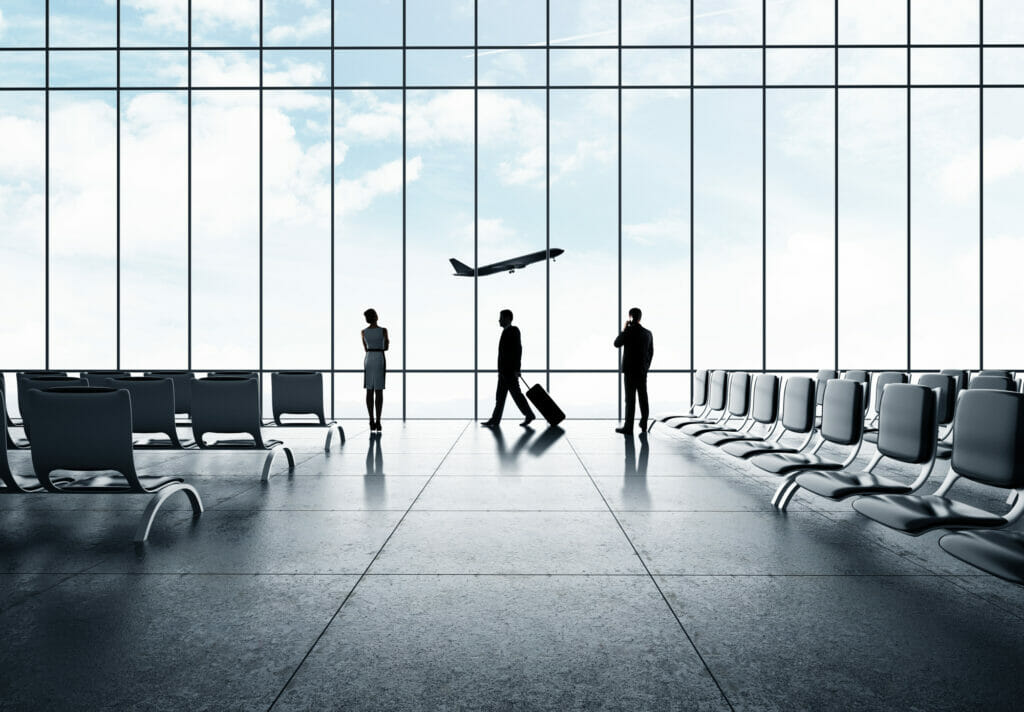
Over the years this column has had many individuals share their points of view on a variety of topics such as making the best of flight training hiccups, transitioning to the captain’s seat, or flying your first jet. Now, more than ever, one thing dominates the discussion around aviation: coronavirus. You’ve likely formed an opinion about this virus and the government’s response to it, and I won’t be trying to change it. Rather, I want to put it in perspective.
Aviation is a highly regulated, highly competitive, capital-intense, labor-intense industry. In other words, aviation is a challenging industry in which to make money, yet airlines were practically printing money before COVID-19 broke out in the U.S. We began 2020 expecting another year of record profits and growth. When COVID-19 first appeared on the international scene, many anticipated the impact to remain localized. Then it arrived in the U.S. causing slowdowns and shutdowns. We hoped for a V-shaped recovery that never materialized. While the pandemic is far from over, indications are pointing toward an industry rebound. With the holiday season showing strong bookings, borders reopening, multiple vaccines positioned for Q1 2021 distribution, and an extension of the Payroll Support Program, U.S. airline managers are optimistic. Yet pernicious thoughts remain in the minds of line pilots or those currently in flight training: Has COVID permanently changed the airlines? (The answer is yes and no.) And what will the “new normal” look like?
There is no doubt that airlines are changing and COVID has expedited some of that change. Older fleets were rapidly retired, senior employees were bought out and airline alliances are being redrawn, route networks rationalized. Time changes everything, and downturns herald rapid change.
However, I think it is important to put this downturn into historical perspective. COVID-19 pressured airlines in a unique manner. Further, solutions to boost customer safety and comfort (and bookings) during the COVID-19 era are more elusive than in other downturns. Traditional supply, demand and pricing dynamics do not apply.
Yet this conversation rings familiar. It seems every few years airlines are hit by a unique downturn that was unforeseen. A simple Google search will yield a mélange of events that have rattled airlines. Natural disasters (volcanic eruptions, COVID-19), economic troubles (currency fluctuations, high inflation, high oil prices, recessions, depressions), political upheaval and uncertainty (terrorism, no-fly-zones like the Qatar Airways airspace limitations of 2017), executive orders, industry specific struggles such as labor disputes, and incidents/accidents have all dealt blows. The nature of the business means airlines are prone to more types of black-swan events than other industries. A hurricane in the Caribbean is terrible, but that hardly affects technology companies in California; a flare-up of hostilities in the Middle East changes flight booking more so than it affects U.S. universities’ enrollments. The industry is exposed to unique and global risks causing operations problems that arrive with little advanced notice. Further compound the issues are the limited financial and operational flexibility that is inherent in the business model due to contractual agreements, international regulations, passenger preferences and more.
There is an old adage in Economics, “There is no such thing as a free lunch.” Globalized operations herald massive opportunities and diverse risks. Airlines exemplify this.
What does any of this mean for the careers of pilots? I believe we must adapt our views on how to manage our careers in light of our understanding of our industry. In two to three years, COVID-19 will be a distant memory to airline management. If the experts are correct, in five to seven years we will once again be hearing about the pilot shortage. What no one can predict is the next black-swan event. Thankfully, you don’t need to know when bad times will strike to prepare for them. You need to start preparing for the next downturn today.
In every industry cycle, experts have tricked themselves into believing the prosperity would never end. CEOs claimed the profits would never cease, and employees envisioned rapid advances and steady careers. That belief permeated the industry for nearly ten years. It is tragic that the new generation of pilots believed it too and are now having second thoughts.
I flew two aspiring pilots home for the holiday season. Speaking with them after arrival, both mentioned their careers have taken a detour. One is no longer working towards a CFI but rather an A & P. The other is shifting his goals from the flight deck to the control tower. The pilots in the pipeline have developed a fatalistic view of their chosen career. This view is leading to altered career trajectories.
You don’t need to be super-human to enjoy a successful career in aviation. If you are training today, you don’t need to quit. All that must be done is to realign your understanding of the industry. It begins with recognizing that black-swan events are more common than probability guru Nassim Taleb would let on. Once you recognize the risk is inevitable, you can begin planning your hedge. You can take practical steps to prepare yourself for the downturn.
How to hedge is beyond the scope of this one article. The internet and various industry nonprofits can help guide you through your aviation journey. Your mentors are a wealth of personalized information who can provide more specific insight. Common sense and generic advice such as minimizing debt, maximizing savings, living within your means, keeping your eyes open to opportunities (Breeze? Atlas? NetJets?) and enjoy the ride are equally important. You should never let that résumé or logbook get dusty.
What is my perspective on this career field? Recognize that uncertainty is perennial and that airlines are sensitive to that uncertainty. Then prepare accordingly.


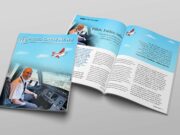
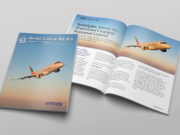



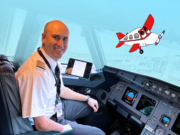

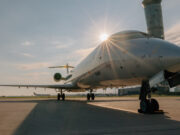

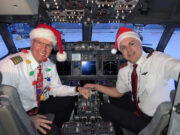
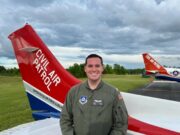
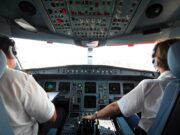


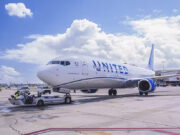






















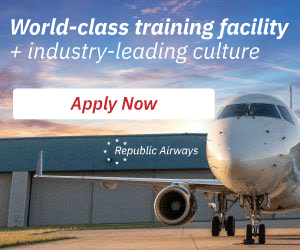







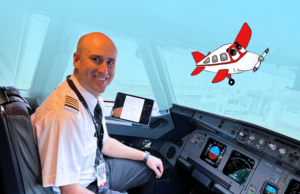
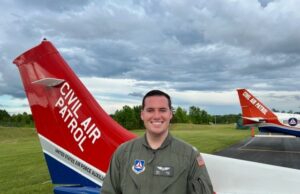





Completely agree with you. Aviation can be a great career, but at the same time, aviation and specifically airlines, are extremely prone to fluctuations due to anything from wars to terror attacks to economic unrest. I have survived four (4) airline Bankruptcies in my 32+ years as an ALPA member, and hope to finish my career and retire from airline #5. Be ready! Aviation is not for the faint of heart!